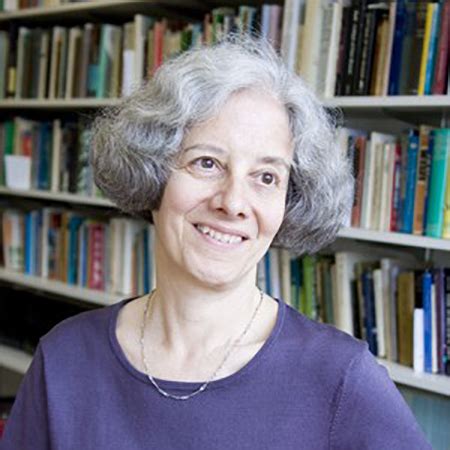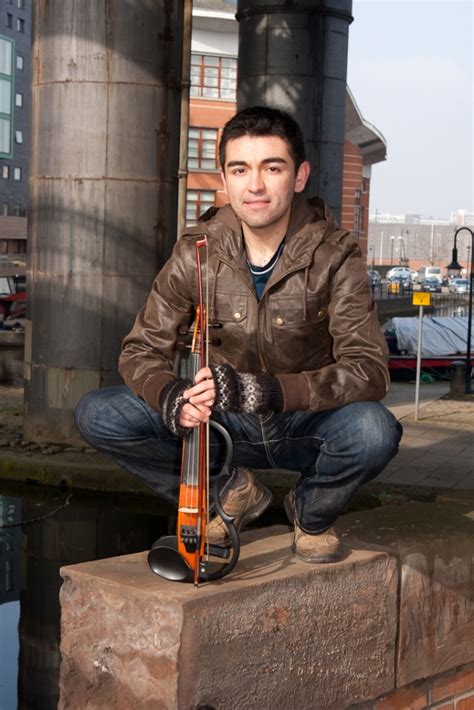A Quote by Gail Fine
We certainly have to have a view about knowledge in order to decide whether some version of foreknowledge is necessary for inquiry or whether some philosopher or other thinks it is. Roughly, the more demanding our conception of knowledge is, the less plausible foreknowledge is; the weaker our conception of knowledge is, the more plausible foreknowledge is.
Related Quotes
So long as knowledge goes beyond mere true belief, foreknowledge is implausible, since having and relying on relevant true beliefs is sufficient for inquiry. A stepping-stone version of prior true belief seems reasonable, though perhaps we should accept only an even weaker view: a stepping-stone version of roughly-accurate beliefs.
While the dogmatist is harmful, the sceptic is useless ...; one is certain of knowing, the other of not knowing. What philosophy should dissipate is certainty, whether of knowledge or of ignorance. Knowledge is not so precise a concept as is commonly thought. Instead of saying 'I know this', we ought to say 'I more or less know something more or less like this'. ... Knowledge in practical affairs has not the certainty or the precision of arithmetic.
For many ages it has been allowed by sensible men, Nihil est in intellectu quod non fuit prius in sensu: That is, There is nothing in the understanding which was not first perceived by some of the senses. All the knowledge which we naturally have is originally derived from our senses. And therefore those who want any sense cannot have the least knowledge or idea of the objects of that sense; as they that never had sight have not the least knowledge or conception of light or colours.
The question is, whether, like the Divine Child in the Temple, we are turning knowledge into wisdom, and whether, understanding more of the mysteries of life, we are feeling more of its sacred law; and whether, having left behind the priests and the scribes and the doctors and the fathers, we are about our Father's business, and becoming wise to God.
There is not a single rule, however plausible, and however firmly grounded in epistemology, that is not violated at some time or other. It becomes evident that such violations are not accidental events, they are not results of insufficient knowledge or of inattention which might have been avoided. On the contrary, we see that they are necessary for progress.
We have heard of a Society for the Diffusion of Useful Knowledge. It is said that knowledge is power, and the like. Methinks there is equal need of a Society for the Diffusion of Useful Ignorance, what we will call Beautiful Knowledge, a knowledge useful in a higher sense: for what is most of our boasted so-called knowledge but a conceit that we know something, which robs us of the advantage of our actual ignorance? What we call knowledge is often our positive ignorance; ignorance our negative knowledge.
Until the end of the Middle Ages, and in many cases afterwards too, in order to obtain initiation in a trade of any sort whatever--whether that of courtier, soldier, administrator, merchant or workman--a boy did not amass the knowledge necessary to ply that trade before entering it, but threw himself into it; he then acquired the necessary knowledge.
The universe is no narrow thing and the order within it is not constrained by any latitude in its conception to repeat what exists in one part in any other part. Even in this world more things exist without our knowledge than with it and the order in creation which you see is that which you have put there, like a string in a maze, so that you shall not lose your way. For existence has its own order and that no man’s mind can compass, that mind itself being but a fact among others.

































